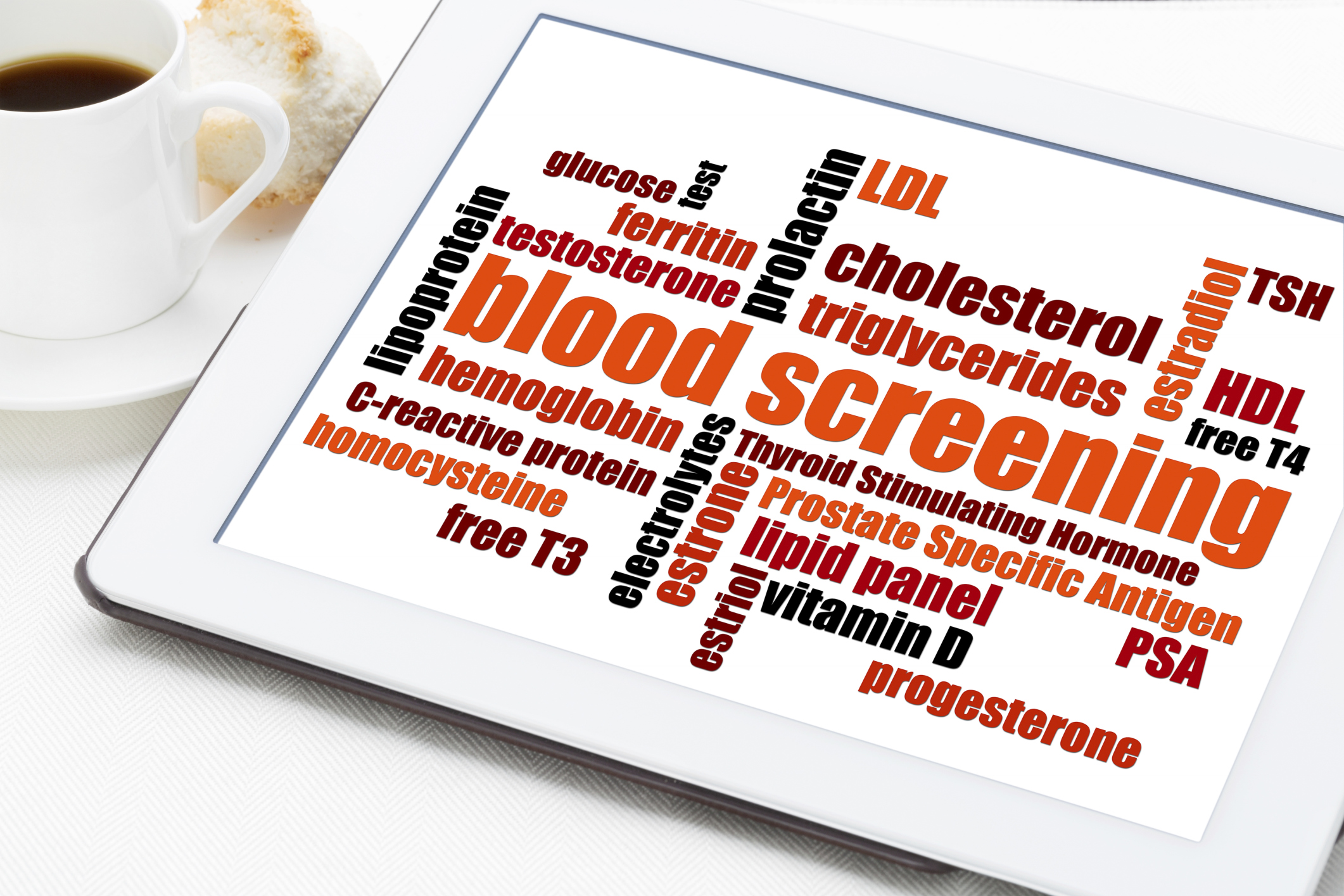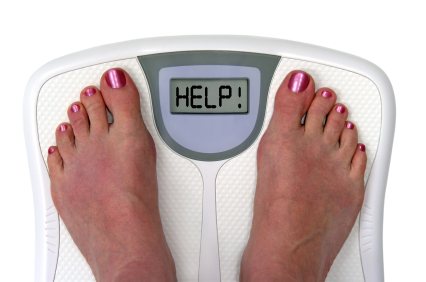When T4 is not Enough, It May Be in Your Genes
Even though it is considered standard treatment, not everyone with hypothyroidism does well on T4 (Synthroid, or levothyroxine) alone. Some people complain that they just don’t feel right on T4, the inactive form of thyroid hormone. They are still tired, or sluggish, or have “brain fog” or other vague symptoms. Or they are gaining weight. Just about every doctor who treats thyroid problems has seen this regularly.
Unfortunately, it is often the patient who has to convince the doctor that T4 alone is not working. And it is often the patient who suggests that T3, the active form of thyroid hormone,







